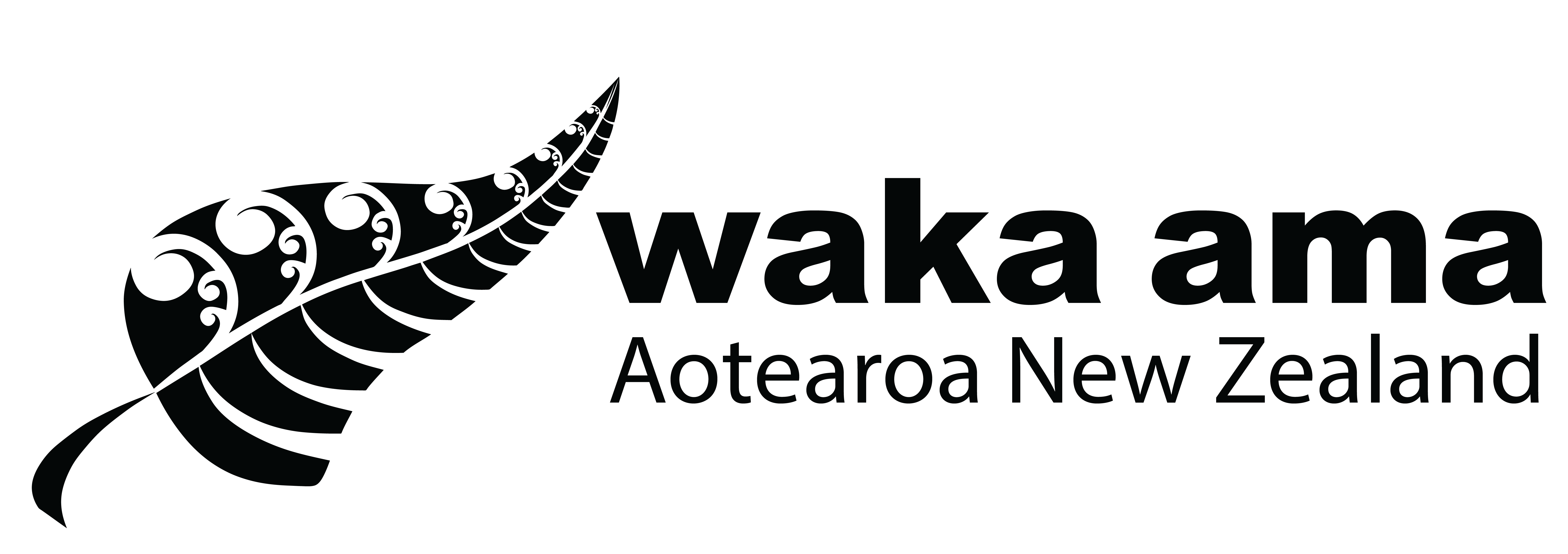Contact us
General Enquiries
[email protected]Chief Executive
[email protected]Postal Address
PO Box 42036 Orakei 1745
Auckland
Physical Address
Hyundai Marine Sports Centre
10 Tamaki
Drive Orakei
Auckland 1071
All Content Copyright 2002-2026 by Waka Ama NZ
